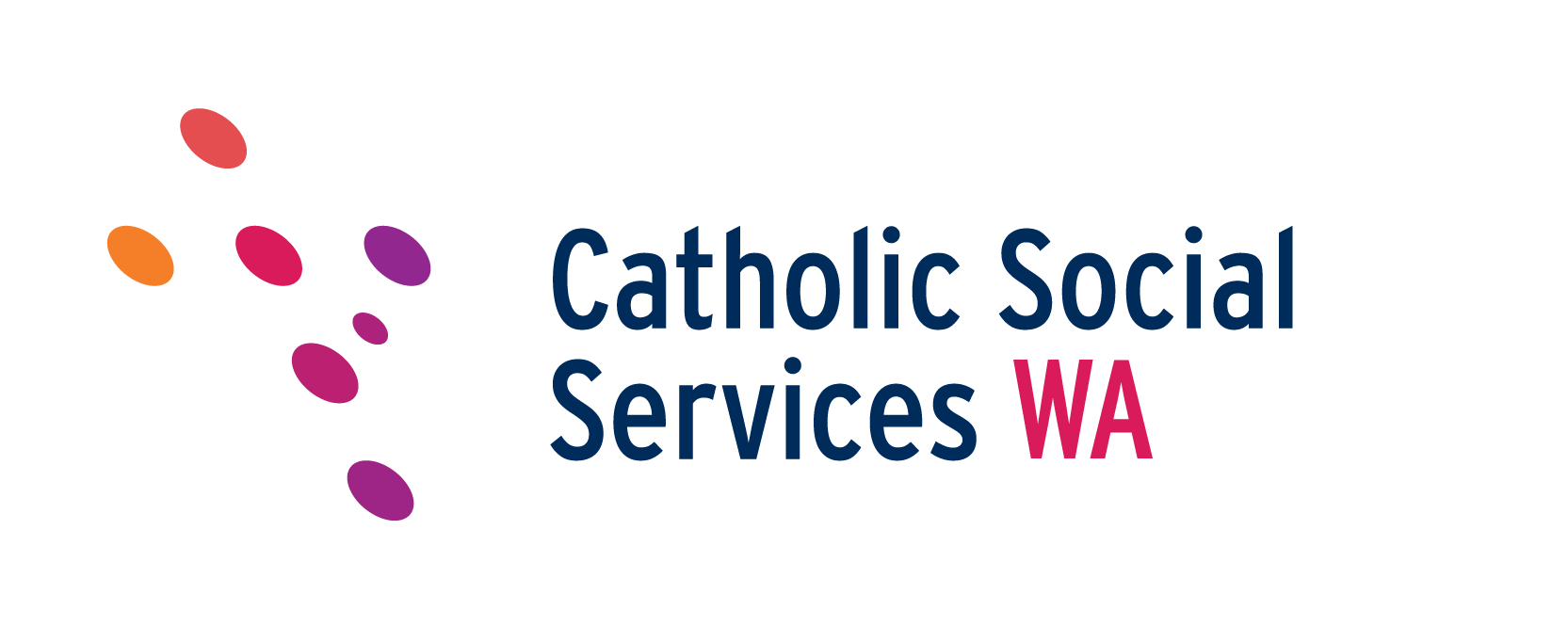- Catholic Social Services WA
- +61 8 9220 5950
- csswa@perthcatholic.org.au
Newstart crisis: calls for independent commission to set rate of welfare payments

Social service organisations say commission needed to avoid repeat of 25-year ‘freeze’ to unemployment rate
An independent commission should set the rate of Newstart to end the politicisation of welfare payment rates in Australia, according to a broad group of social service organisations, health groups and charities.
As the Coalition ducks calls to lift the payment by $75 a week, more than a dozen organisations told a Senate inquiry into Newstart that the government should be forced to confront expert advice on the historically low rates of income support.
Calling for an increase to the payment in their submission, groups including Uniting Communities, the Combined Pensioners and Superannuants Association and the Consumers Health Forum said a social security commission should help set the rate of welfare payments including Newstart to avoid a repeat of the 25-year “freeze” of the unemployment payment.
The commission would determine an acceptable standing of living for people on Newstart and then determine rates of payment and indexation, the groups said in separate submissions.
Some organisations said the commission should provide advice to the government, while others called for an authority like the Fair Work Commission that would set welfare payment rates free from from political interference.
The current system, which saw the government provide a small increase to the age pension through changes to deeming rates this year, was described by one advocate for an independent commission, the Queensland Council of Social Service, as “mostly a political process”.
Another, Anglicare, told the inquiry: “Twenty years of inaction is more than enough to show that the existing system of relying on governments to regularly review social security payments and ensure that they keep pace with the cost of living has failed”.
Newstart, which is paid to about 700,000 people each fortnight, is currently $279.50 for a single person. It has been effectively frozen since the mid-1990s after it was benchmarked to the consumer price index by the Howard government.
At the same time, the Coalition tied pensions to wages, a decision that has seen the gap between the two payments widen significantly over time.
Most welfare payments increase against these measures twice a year, although the former Labor government gave the age pension a one-off real terms increase in 2009 following a review. Labor proposed a similar inquiry into Newstart before the last election, but has since said it supports an increase to the payment without a review.
Good Shepherd Australia, a women’s advocacy organisation, said in its submission that parliament should consider adopting the model used in Scotland, where an independent authority monitors the government’s performance against a social security charter.
The former independent MP Cathy McGowan last year produced a bill for a social security commission after she backed calls from the Australian Council of Social Service.
Submissions also addressed the impact of the low payment on Newstart recipients. In one submission, the Australian Association of Social Workers said that its members working in oncology wards had reported instances of people “going without medication and refusing treatment because they cannot afford transport to the clinic”.
The Consumers Health Forum, meanwhile, said Newstart recipients had reported choosing between tampons and food and saving money by avoiding taking medication, particularly for mental health conditions.
Another submission from the charity Uniting Communities said that clients in communities where bulk billing clinics were not available would avoid going to the doctors to get their scripts filled.
Noting that people over 55 were now the largest cohort of people on Newstart, Good Shepherd also said its financial counsellors had seen an “an alarming increase in older people who are seeking help”.
The Australian Council of Social Service calls for a $75 a week increase, which would cost the budget about $3.3bn a year.
Scott Morrison has repeatedly said he has no plans to raise the rate of the payment, despite calls from some Coalition backbenchers.
